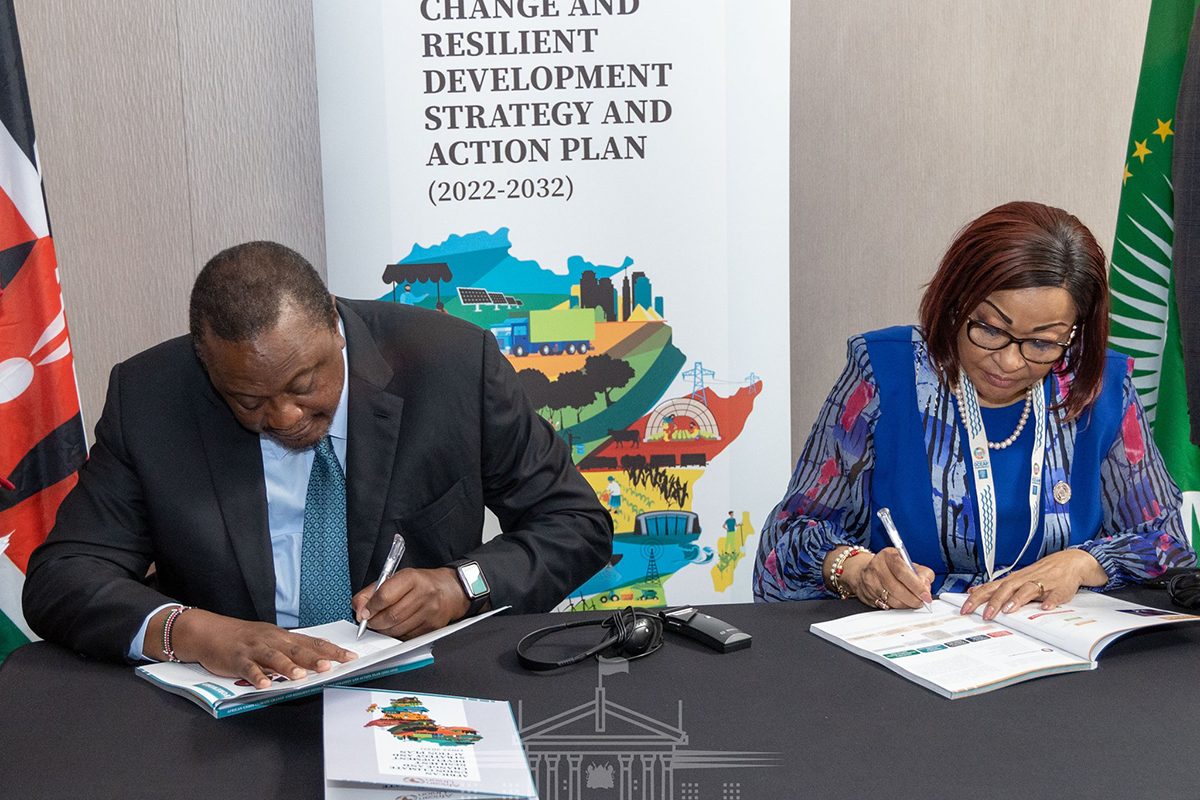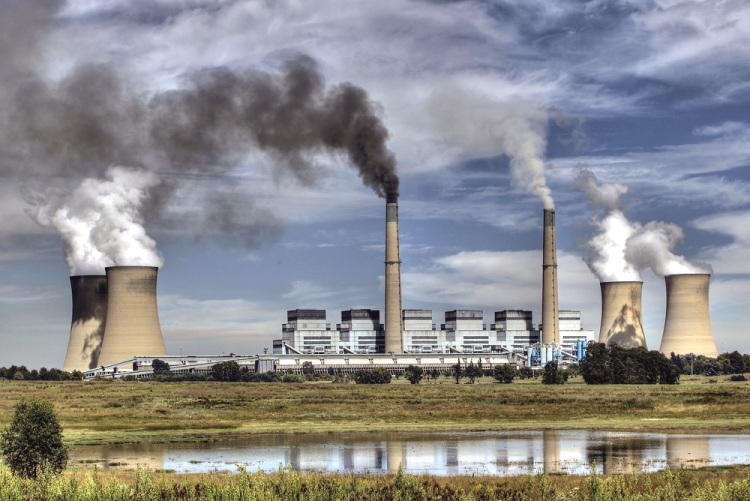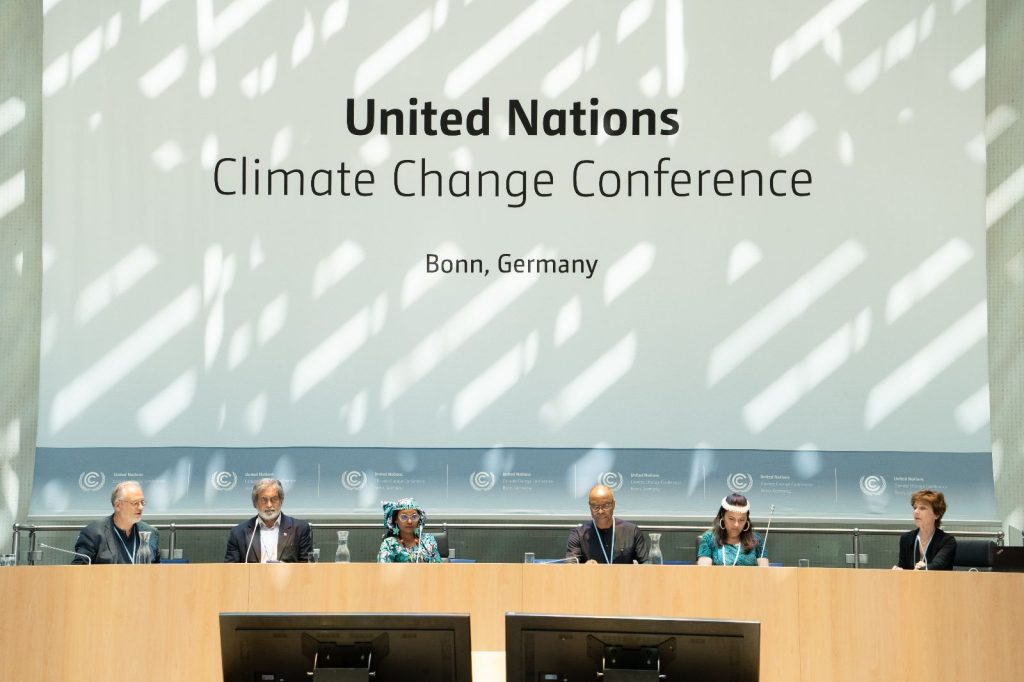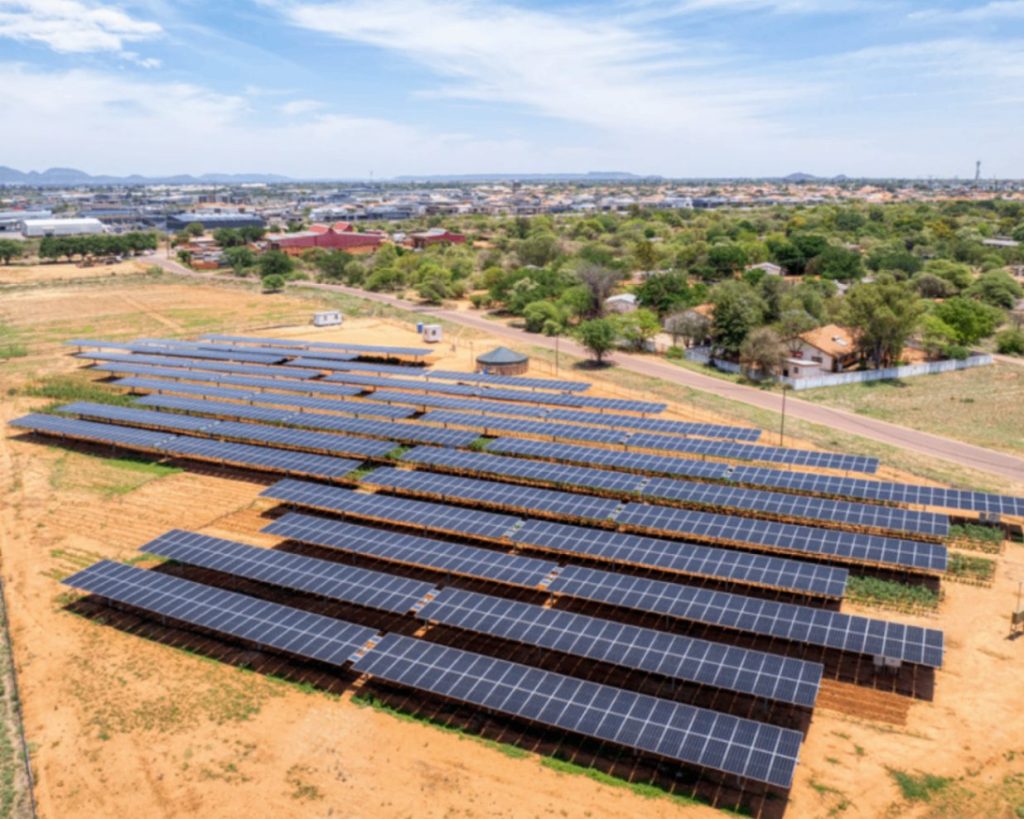After a long gestation period commencing in 2014, the final African Union Climate Change and Resilient Development Strategy and Action Plan was released in June this year. The Strategy sets out the continent’s intended climate change response over the forthcoming decade, identifying priorities, principles and areas for increased climate cooperation.
While the strategy is wide reaching and all-encompassing in its breadth, its position on renewable energy and a just transition to a low carbon and climate resilient economy is noteworthy. The strategy is the final successor to a draft strategy which was published in 2014. In the initial draft, unsurprisingly the focus was on adaptation and resilience building. References to mitigation were few, in lieu of the stated “infinitesimally” small contribution of African states to global GHG emissions. In its draft conception, the position was that the mitigation of GHG emissions was best addressed by historic emitters/developed countries on the principle of common but differentiated responsibilities. The final strategy however, now informed by more than a decade of policy development, aligns itself with the AU’s Green Recovery Action Plan (2021), that includes a focus on supporting renewable energy, energy efficiency and national Just Transition programmes. To this end, the AU’s 2021 Climate Strategy, addresses the transformation of energy systems, mobility and transport, as well as “low-emission industrialisation” as a strategic intervention area. Whilst it does make reference to the Just Transition, including it as a key guiding principle and objective, it makes no reference to any reliance on fossil fuels as part of this transition. Rather it focuses on the central role of renewable energy in ensuring access to adequate and reliable electricity and strengthening energy efficiency measures within domestic consumption.
In the context of the global energy and security crisis, and amidst concerns that both developed and developing countries are reversing or delaying their mitigation targets as a result of these crises and to access additional finance, the strategy is an important anchor of African political will.
A well-orchestrated and coordinated African agenda on climate change with common targets, indicators and milestones should play an instrumental role in coordinating and unifying the continent’s climate response, including at the negotiations. By setting out Africa’s common priorities, and through the strategic timing of its release mid-2022, the strategy should play an instrumental role in guiding the position of the African Group of Negotiators (AGN), and will serves as an important reference document to orient African national and regional strategic positions in the lead up to COP27.






